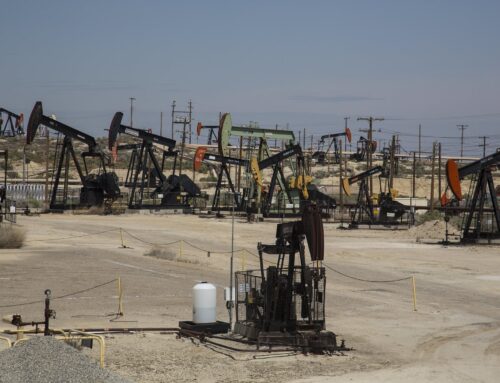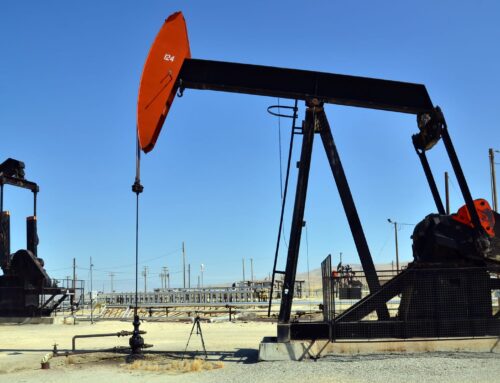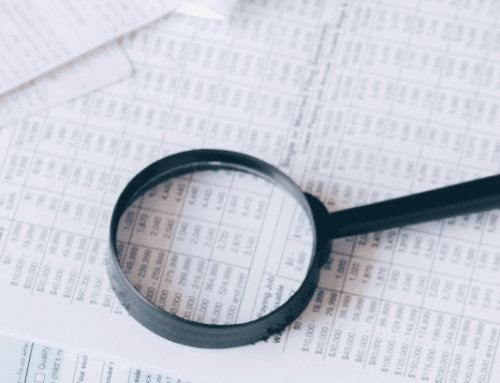You might think that fossil fuel’s allies in Congress would lay low after a joint report from the Senate Budget and House Oversight Committees compared the oil industry to Big Tobacco for its profit-driven climate lies meant to deceive the public and thwart action—but you would be wrong.
While top Democrats are calling on the Department of Justice to investigate oil companies for possible “collusion and price fixing,” Sen. Steve Daines (R-MT) and Rep. Lauren Boebert (R-CO) are spearheading Congressional Review Act (CRA)attacks on the Bureau of Land Management’s (BLM) final oil and gas rule. Announced in April, the rule aims to ensure oil companies pay taxpayers their fair share in return for drilling on public lands. CRAs allow Congress to overturn rules issued by federal agencies, including the BLM. Critically, it also prevents agencies from issuing any substantially similar rules in the future, blocking any potential forward progress.
BLM is responsible for managing our country’s public lands on behalf of taxpayers, including the controversial practice of leasing lands at below-market and highly subsidized rates for fossil fuel extraction, which accounts for nearly a quarter of U.S. climate emissions. The bureau’s latest oil and gas rule attempts to curb some of the billions in financial giveaways to the oil and gas industry. These CRA attacks represent a blatant attempt to pick taxpayer pockets and lock in subsidies to further enrich industry.
Daines’ and Boebert’s ploy becomes clear once you consider their main argument: BLM is putting an undue burden on oil and gas producers. This is an absurd lie. In fact, the rule doesn’t go far enough in cutting giveaways to Big Oil. It opts for marginal economic changes instead of much-needed, comprehensive efforts to address the climate impacts of the fossil fuel leasing program. Rather than being controversial, many of its provisions, including raising royalty rates, were passed into law with the Inflation Reduction Act and the Bipartisan Infrastructure Law, with the rule simply codifying their implementation.
The effort to portray this middle-of-the-road rule as an extremist attack on the fossil fuel industry perfectly illustrates how loyal some lawmakers are to Big Oil. The goal of this CRA is to ensure that industry can keep lining its pockets at the expense of everyday people for years to come.
BLM’s oil and gas leasing program has turned over more than 26.6 million acres of federal lands to Big Oil, roughly the size of Kentucky. Contrary to the GOP’s claims, the oil and gas industry has exorbitantly profited off this access. According to Taxpayers for Common Sense, low royalty rates have allowed drillers to underpay by up to $12.4 billion between 2010 and 2019. This is just one way the industry benefited from lax rules to siphon billions from taxpayers. For the past 100 years, the royalty rate—the percentage of revenue oil companies pay the federal government for drilling on public lands—has not budged from the meager rate of 12.5 percent.In comparison, the rate to drill on state lands in Texas is 20-25 percent. Under the new rule, the federal rate has increased slightly, to 16.67 percent.
But it’s not only extraction that’s a problem. There are more than 130,000 documented orphaned wells in the United States for which no one takes accountability. These emit methane and pose significant health harms to nearby residents. But the bonding rate—similar to the security deposit a renter pays a landlord to cover damages—has not been adjusted for inflation since the 1960s, potentially leaving taxpayers with the bill for billions of Big Oil’s well cleanup costs.
While the rule shifts more of this burden away from taxpayers, it’s hardly a radical assault on industry. When looking at Wyoming’s Bighorn Basin, CarbonTracker found that the new bonding rate would only bring in $28 million compared to the hundreds of millions needed to close and clean up abandoned wells in the area.
When the BLM rule was finalized, Daines said: “It’s clear the administration will stop at nothing to appease the climate lobby.” This is far from the truth. Friends of the Earth did not endorse the rule because it only addresses the economic impacts of fossil fuel extraction on public lands, not the climate impacts. The administration was appeasing the oil industry, not environmental activists, when they stripped climate impacts from the BLM rule.
The rule, while imperfect, attempts to stop some of the flow of subsidies from taxpayers to oil and gas companies. Recently introduced legislation like the End Polluter Welfare Act aims to tackle at the federal level. Drillers will still benefit from low royalty rates, and taxpayers will continue to pay to clean up Big Oil’s abandoned wells, just not as low or as much.
The CRA attack is especially dangerous because it will effectively lock in massive giveaways to the oil and gas industry by making it next to impossible for the Department of the Interior to undertake a similar rule to eliminate subsidies in the future—or issue an even better rule that prioritizes the fight against climate change and guarantees our public lands will be protected from harmful fossil fuel extraction.
For decades, Big Oil has gotten away with creating some of the country’s worst environmental devastation. These CRAs are nothing more than another flagrant cash grab, and the impending vote will be a referendum on whom legislators really represent—the American people or the oil majors.
Nicole Ghio is a senior fossil fuels program manager with Friends of the Earth Action, where she works to keep fossil fuels in the ground by stopping oil and gas extraction on public lands and putting communities first, not corporate profits. Nicole’s work has appeared in The New York Times, Washington Post, and NPR.
The views expressed in this article are the writer’s own.










